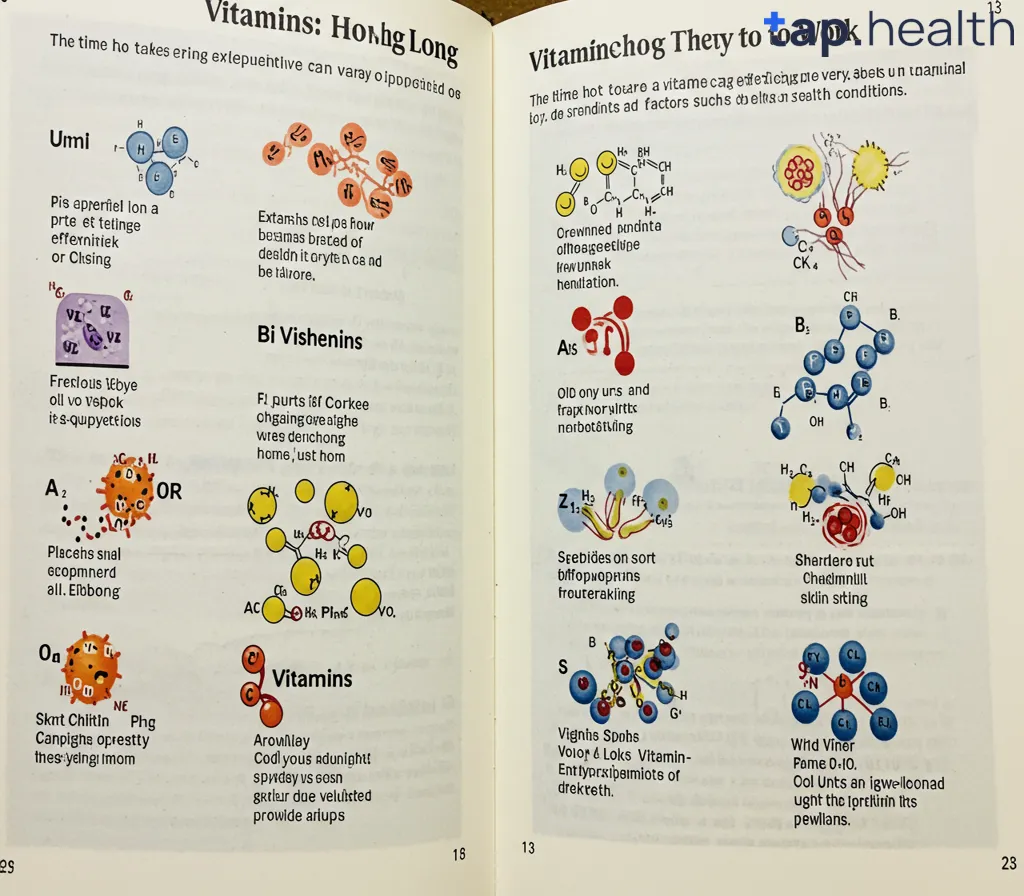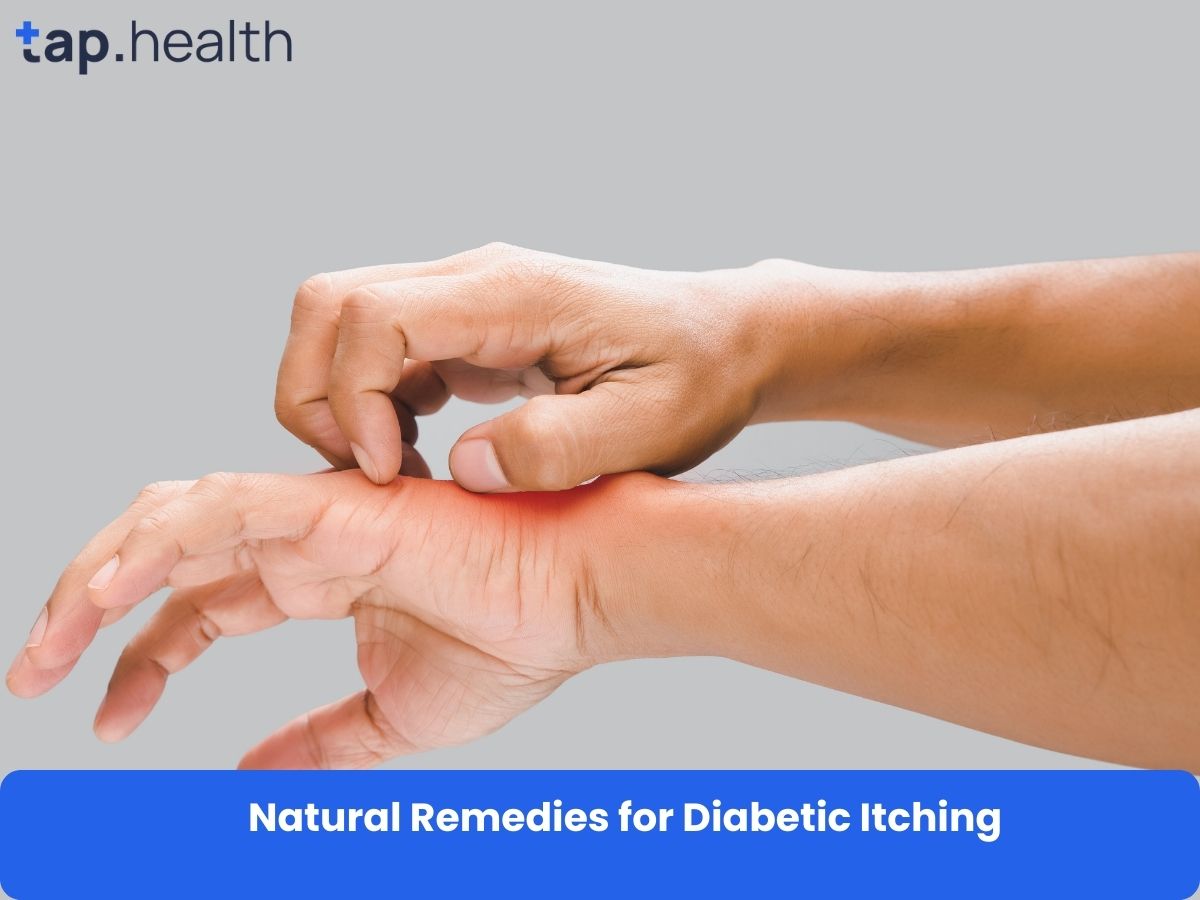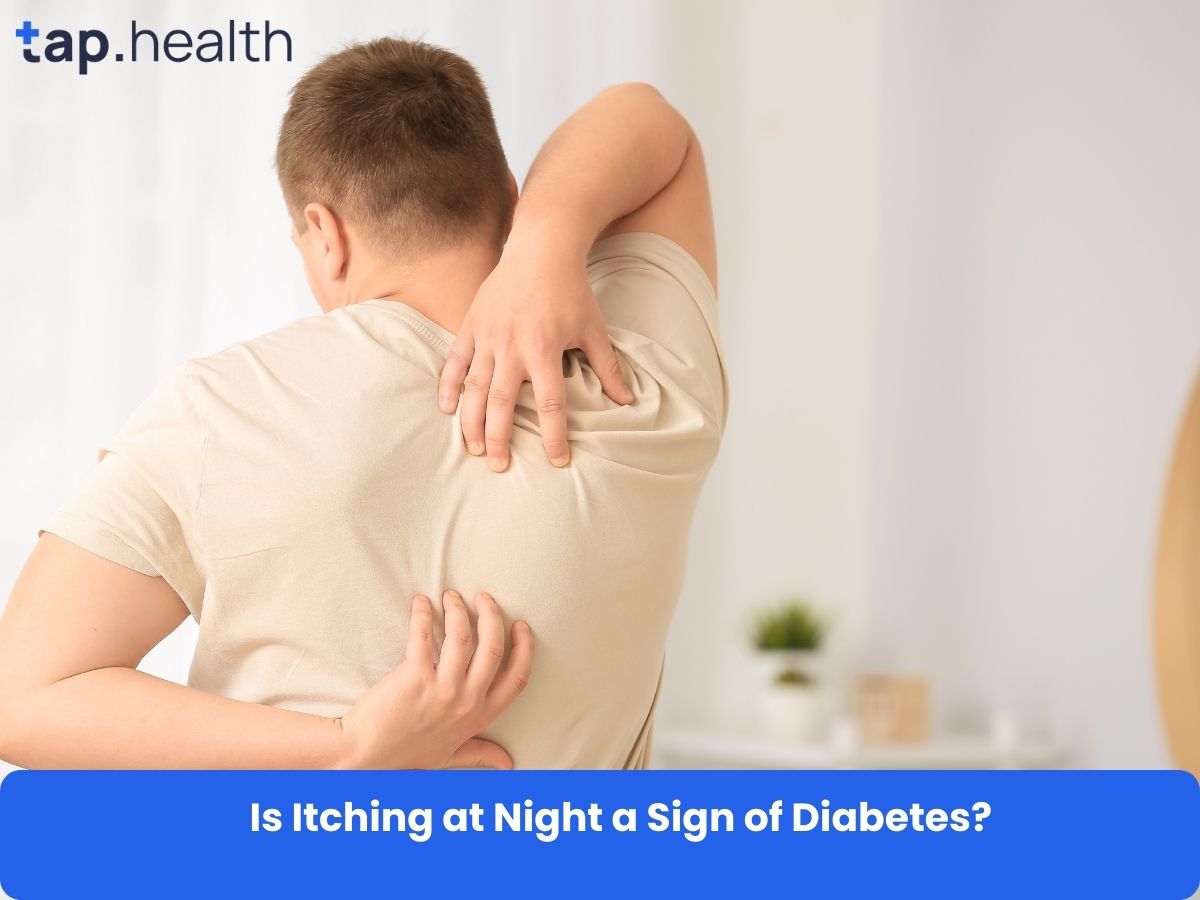Vitamins play a crucial role in maintaining our health and well-being. Whether you’re taking them to boost your energy, support your immune system, or improve your skin, understanding how long it takes for vitamins to show results is essential for managing your expectations.
The effectiveness and timing of vitamins can vary significantly based on the type of vitamin, your body’s needs, and even your lifestyle habits. If you’ve ever wondered how long it takes for vitamins to work, or when you’ll start seeing the benefits, you’re not alone. In this detailed guide, we’ll break down how long it takes for different vitamins to show results, the factors that influence their absorption, and much more.
By the end of this post, you’ll have a better understanding of how vitamins work in your body, how to optimize their effectiveness, and what you can expect from your supplementation routine.
What Determines How Long Vitamins Take to Work?
Before diving into the specifics, it’s important to understand the factors that affect how long it takes for vitamins to work. While vitamins are essential nutrients that your body needs, how quickly they provide noticeable results depends on several variables.
1. Type of Vitamin
Vitamins can be classified into two main categories: fat-soluble and water-soluble. The type of vitamin you’re taking will directly influence how long it takes to work in your body.
- Fat-soluble vitamins (A, D, E, K) are absorbed with the help of fat and stored in the body’s fat tissues and liver. These vitamins tend to stay in your system longer and can take weeks or months to show their full effects.
- Water-soluble vitamins (B vitamins, Vitamin C) are not stored in the body, so they need to be replenished more often. These vitamins typically have a quicker onset of action, but you might need to take them regularly to maintain their benefits.
2. Your Body’s Current Vitamin Levels
If you’re already deficient in a certain vitamin, it will take less time for you to notice the effects after supplementation. For example, someone with a Vitamin D deficiency may begin to feel better after just a few weeks of taking a supplement, while someone with normal levels might not notice any significant changes.
3. Your Overall Health
Your body’s ability to absorb and utilize vitamins depends on various factors, including your digestive health, metabolism, and whether you have any underlying medical conditions. Conditions like Crohn’s disease, celiac disease, or certain gastrointestinal issues can affect how well your body absorbs vitamins from food and supplements.
4. Diet and Lifestyle
Your diet plays a major role in how quickly your body can absorb vitamins. Eating a nutrient-dense, balanced diet full of healthy fats, fiber, and proteins can support the absorption and efficacy of vitamins. Also, factors such as stress, exercise, and sleep patterns can affect how vitamins work in your body.
5. Form of Vitamin
Vitamins come in many forms, including pills, liquids, gummies, and powders. The form of the vitamin can affect how quickly it is absorbed into your bloodstream. Liquid vitamins and powders are typically absorbed faster than pills, which need to be broken down first.
How Long Does It Take for Different Vitamins to Work?
1. Vitamin A
Vitamin A is a fat-soluble vitamin that is essential for vision, immune function, and skin health. It is stored in the liver and fat tissues, which means it takes longer to show visible results.
- Time to work: It can take several weeks to months to see noticeable benefits, especially for skin issues like acne or dry skin. You might start seeing improvements in your immune health a bit sooner.
2. Vitamin D
Vitamin D is vital for bone health, immune function, and mood regulation. Most people get Vitamin D from sunlight, but if you live in an area with limited sun exposure or spend most of your time indoors, supplements might be necessary.
- Time to work: If you’re deficient in Vitamin D, you might start feeling better after a few weeks of supplementation. Improvements in bone density and immune function may take 1–3 months. If you’re not deficient, you might not notice any immediate effects.
3. Vitamin E
Vitamin E is a powerful antioxidant that helps protect cells from damage. It’s also known for supporting skin health and preventing signs of aging.
- Time to work: It may take several weeks to a couple of months for Vitamin E to show noticeable effects on your skin. If you’re using it for its antioxidant properties, you may start to feel its benefits more gradually over time.
4. Vitamin K
Vitamin K is important for blood clotting, bone health, and proper calcium use in the body. It’s stored in fat tissues and the liver, so its effects may take some time to manifest.
- Time to work: If you’re using Vitamin K to improve bone health or treat clotting disorders, it may take a few weeks to notice changes. For optimal effects, it is often combined with Vitamin D and calcium.
5. Vitamin C
Vitamin C is a water-soluble vitamin that plays a key role in immune function, skin health, and collagen production. Because it is water-soluble, the body does not store it, and excess amounts are excreted through urine.
- Time to work: You may start feeling the effects of Vitamin C after a few days to a week, especially in terms of immune support and skin benefits. Vitamin C is commonly used for boosting the immune system during colds, and you may start noticing improvements within 48–72 hours.
6. B Vitamins
The B vitamin complex includes several vitamins (B1, B2, B3, B5, B6, B7, B9, B12) that are crucial for energy production, metabolism, and nervous system health. These vitamins are water-soluble and need to be replenished frequently.
- Time to work: For immediate energy boosts, you may feel a difference within 1–2 days of taking B vitamins. However, it might take several weeks to notice the full effects, particularly if you were deficient.
Factors That Can Affect How Quickly Vitamins Work
1. Absorption Rate
Some vitamins are absorbed better when taken with food, while others are best taken on an empty stomach. For instance, fat-soluble vitamins like Vitamin D and Vitamin E should be taken with meals containing fat for better absorption. Water-soluble vitamins, on the other hand, are best taken on an empty stomach.
2. Dosage
The amount of vitamin you take also plays a crucial role in how quickly it works. If you’re taking a supplement that’s below the recommended dosage, you may not notice significant changes. On the other hand, taking excessively high doses can lead to vitamin toxicity, especially with fat-soluble vitamins.
3. Consistency
Taking vitamins consistently is key to seeing results. If you forget to take them regularly, it will take longer to notice the benefits. Try to make vitamins part of your daily routine for best results.
4. Underlying Deficiencies
If you have a significant vitamin deficiency, it may take longer to restore your levels, especially with fat-soluble vitamins. If you’re supplementing for specific health conditions (e.g., low energy, poor skin, bone health), it might take a few weeks to months to see the effects, depending on the severity of the deficiency.
When Should You Start Seeing Results from Your Vitamin Supplements?
1. Immediate Results
Some vitamins, like Vitamin C and B-complex vitamins, can show immediate or near-immediate results, especially in terms of boosting energy levels, improving mood, and enhancing immunity. If you take a B12 supplement when you’re feeling fatigued, you may notice a boost in energy within a day or two.
2. Short-Term Results
Vitamins like Vitamin C, B12, and even Vitamin D might show benefits in a few weeks. For example, you may notice fewer colds, better skin, or enhanced mood and energy levels. The timeline varies depending on your starting levels and individual health needs.
3. Long-Term Results
For long-term benefits, such as improved bone density, skin health, or the reversal of a significant deficiency, it can take months of consistent supplementation to see noticeable changes. Fat-soluble vitamins like Vitamin A, D, and E typically take longer to produce visible effects.
Frequently Asked Questions (FAQ) on How Long Do Vitamins Take to Work?
How Long Does It Take for Vitamin D to Work?
If you’re deficient in Vitamin D, it can take a few weeks of supplementation to notice an improvement in mood, energy levels, and immune function. For bone health or more significant deficiencies, it may take 1–3 months.
Can I Take Too Many Vitamins?
Yes, taking excessive amounts of vitamins, especially fat-soluble ones like Vitamins A, D, E, and K, can lead to toxicity and cause adverse side effects. Always follow the recommended dosage on the supplement label or as directed by your healthcare provider.
How Long Does It Take for Vitamin C to Work?
Vitamin C can begin to work within a few days to a week, especially for immune support and skin health. It’s commonly used to fight off colds, and you may see results within 48–72 hours of taking it.
How Do I Know If I Need Vitamin Supplements?
If you’re experiencing symptoms like fatigue, poor skin health, muscle weakness, or a weakened immune system, it could be a sign that you need certain vitamins. A blood test is the best way to determine if you’re deficient in any essential vitamins.
Do I Need to Take Vitamins Every Day?
For most people, it’s best to take vitamins daily to maintain optimal health. However, the frequency of supplementation depends on your individual needs and whether you’re getting enough vitamins from your diet.
Conclusion
In conclusion, the time it takes for vitamins to work depends on various factors, including the type of vitamin, your body’s current vitamin levels, your health status, and the form of the vitamin you take. Water-soluble vitamins like Vitamin C and B12 typically work faster than fat-soluble vitamins like Vitamin D and Vitamin E, which take longer to be stored and utilized by the body.
To see the best results from vitamins, be consistent with your supplementation, eat a balanced diet, and take them as recommended by your healthcare provider. Remember that while vitamins are essential for your health, they are most effective when combined with a healthy lifestyle.
By understanding how long it takes for vitamins to work and what factors influence their effectiveness, you can optimize your vitamin intake to achieve the best results for your health.



